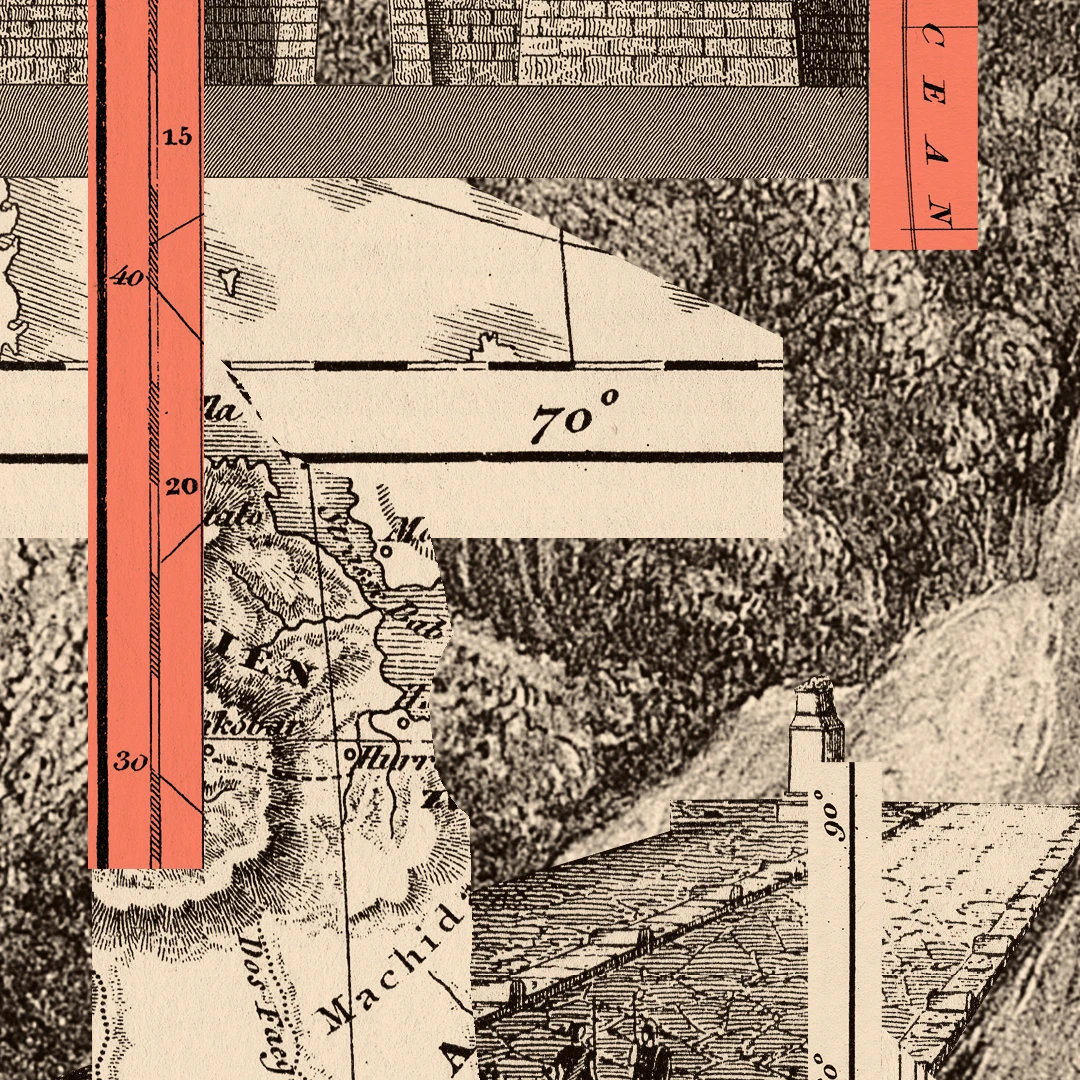Bearing and Enduring

"Love bears all things, believes all things, hopes all things, endures all things" (1 Cor. 13:7). I want to focus on the bearing and enduring aspects of love. Those aren't the same thing, but there is a close link between bearing and enduring because being able to bear pain is important to being able to endure. And if love is going to endure in the Christian life, love must be able to bear a certain amount of pain and disappointment.
I think Paul is talking about the grace of God in the gift of love that makes it possible for us to deal with suffering. So much of the New Testament speaks to the reality of human pain and suffering, and suffering is something that we are called to bear and exhorted to endure. Now when we talk about endurance, we're talking about being able to stay at or with something which is usually over a protracted, but certainly finite, period of time. We distinguish between sprint-type races and endurance races. Different abilities and strengths are required to run the hundred-yard dash than are required to run a twenty-six-mile marathon. But both races have a definite, finite period of time—one may last ten or so seconds, and the other may last two to three hours. When Scripture talks to us about the reality of suffering, it always reminds us that suffering is for a season. And the promise of God for the Christian is that there will not be an eternal, relentless experience of pain for the redeemed; rather, the promise is a complete end to all suffering. That promise for the future is repeated again and again in Scripture to give us hope, to strengthen our resolve and our ability to bear and to endure pain when it strikes in this world. God's Word tells us the suffering we're called upon to endure in this world is not worthy to be compared with the glory that awaits the saints at their life's end. But in the meantime, the whole of life may seem to be an endurance race.
Years ago, I had the privilege of visiting the home of a former Miami Dolphins quarterback and meeting his wife, who was dying of cancer. It was a privilege because she was a deeply committed Christian woman. I sat next to her, she looked at me, a single tear flowing from her eyes, and she said, "R.C., I just don't know how much more I can take. It's gotten to the place where it seems unbearable."
She wasn't complaining or bitter. She was simply tired. We prayed together. I left, and several days later I got the report that she had died. She had fought the good fight for the faith, she had finished the race, and she had kept the faith. And her pain was over—forever. I look at her life, and I ask myself whether I could endure that kind of prolonged, protracted suffering without becoming absolutely impossible to be around, without becoming bitter and angry. But this is where the rubber meets the road. Will we love God when we're hurting, when the pain of our experience is so intense?
Pain and suffering tend to eat away not only at our love but also at our faith, because we begin to wonder if God is loving and if He is even real. We ask how in the world He can let this relentless pain grip our lives. That's why it's so important for us to keep our attention on the Word of God. We are told not to be surprised when suffering comes our way. The New Testament doesn't say that suffering might occur—it says it's a certainty. Remember what Paul says in 2 Corinthians 11 when he talks about what he bore for the sake of the gospel: beatings, stonings, being left for dead, shipwrecks, days and nights at sea, fighting with wild beasts, and constantly being the target of human hostility. Why was he willing to bear those things? Because he understood the divine purpose for suffering and the divine promise not only of relief from suffering, but of the redemption of the suffering itself. In this interim between Christ's resurrection and return, Christians are called to participate in the afflictions of Christ (Col. 1:24). By bearing and enduring pain, we walk in the footsteps of Jesus and mirror and reflect Him to onlookers. Pain and suffering are opportunities to show the love that God has shed abroad in our hearts.
Coming back to the quarterback's wife, we could look at her pain and say, "Here is a woman that God did not love." Or we could look at her and say, "Here is a woman whom God loved so deeply that He would entrust such pain and suffering to her, knowing that she would endure." That's real greatness. That's real achievement.
One problem we have in our day is the popular belief that God never wills pain or suffering. Many teach that if you trust in Jesus, all your problems will be over, and you'll never have to live with deprivation, persecution, or pain. Have the people who say such things ever read the New Testament? Just a cursory reading tells you that if you are in Christ, you will suffer, you will be afflicted, you will be persecuted. The Christian life is a pilgrimage filled with pain, affliction, and persecution. And the more we love God, and the more consistent we are with the love of which the Apostle speaks in 1 Corinthians 13, the more we will be hated and persecuted, and we will find it necessary to bear and endure all things. But what makes this possible is love.
Between "bearing" and "enduring," we are told that love "believes all things, hopes all things." It's only as we believe the Word of God and have confidence in our future that we're able to bear and to endure.


